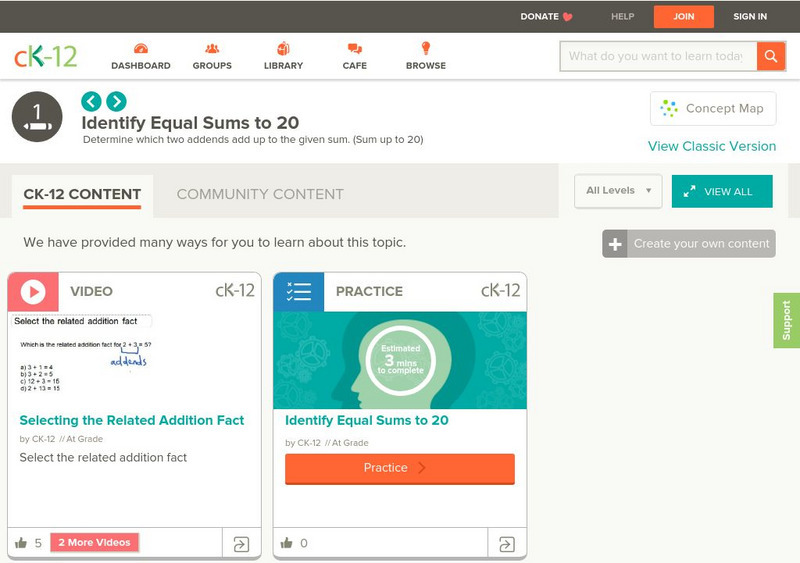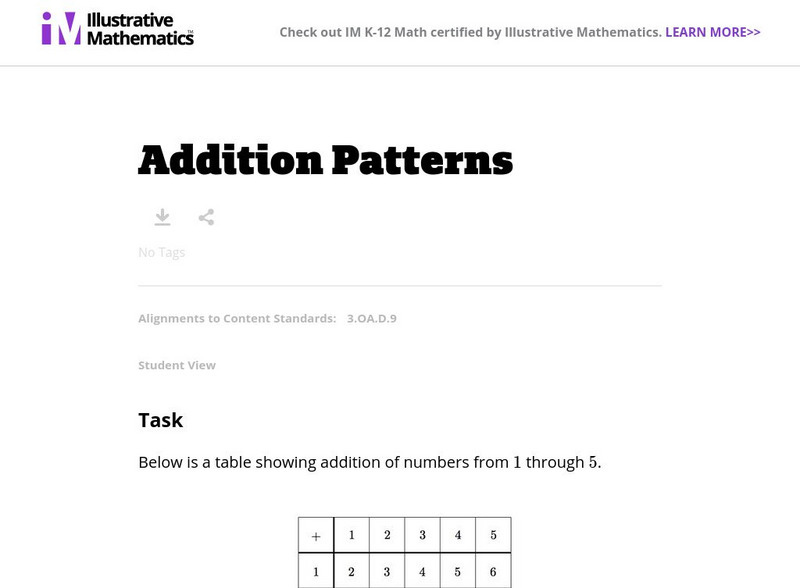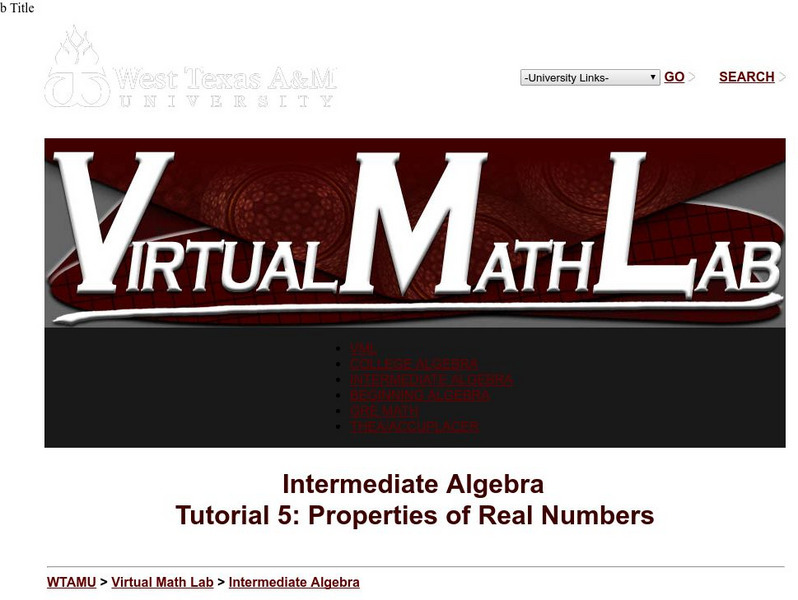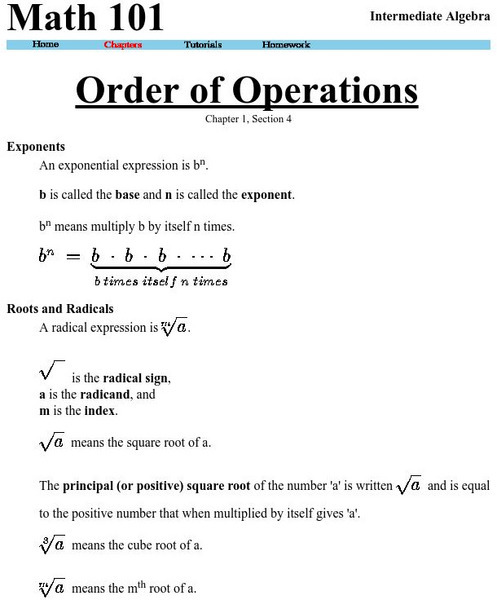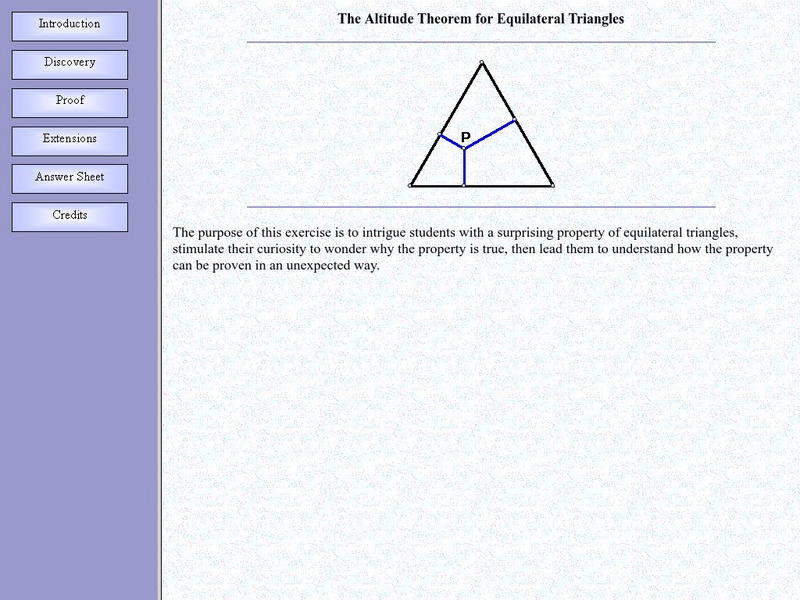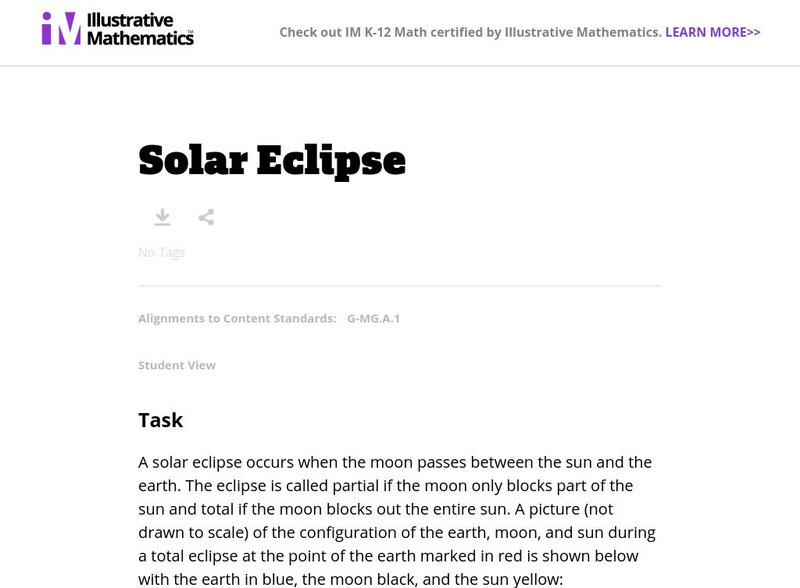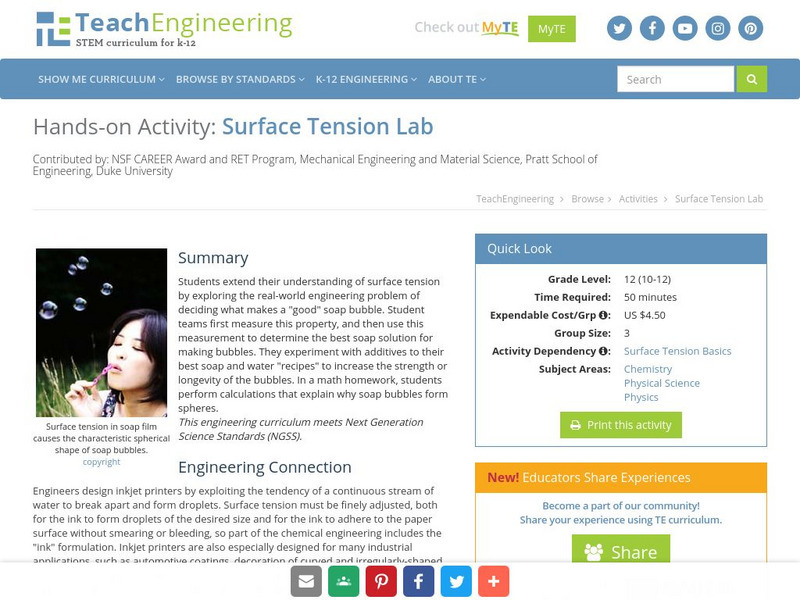CK-12 Foundation
Ck 12: Elem Math: Selecting the Related Addition Fact
[Free Registration/Login may be required to access all resource tools.] The video describes how to determine which addition fact is related to the given addition problem. The video uses vocabulary of addends and sum. The video is...
Better Lesson
Better Lesson: Associative Property
Children need to understand why the mathematical properties work and how they are applied. In this activity, we explore modeling and "proving" the associative property.
Other
Nearpod: Addition & Subtraction Within 20
In this lesson on addition and subtraction within 20, 1st graders learn how to solve addition and subtraction story problems by finding clue words. Adding three addends is also taught in this lesson.
Illustrative Mathematics
Illustrative Mathematics: 3.oa Addition Patterns
The purpose of this task is to study some patterns in a small addition table. Aligns with CCSS.Math.Content.3.OA.D.9 Identify arithmetic patterns, and explain them using properties of operations.
Alabama Learning Exchange
Alex: Cracker Math (Commutative Property)
During this lesson students will listen to the story FISH EYES: A BOOK YOU CAN COUNT ON by Lois Ehlert and use concrete objects to explore the commutative property of addition. During this lesson students will be guided through exercises...
CK-12 Foundation
Ck 12: Algebra: Additive Inverses and Absolute Values
[Free Registration/Login may be required to access all resource tools.] In this lesson, students learn about additive inverses and absolute values.
Other
Algebra.com: Solution: Given a System of Two Equations in Two Variables
This activity shows an example of how to solve a system of equations using elimination. Each step is explained in detail. Additional links are provided for more information on properties of equality, solving equations, and solving a...
Texas A&M University
Wtamu Virtual Math Lab: Intermediate Algebra: Properties of Real Numbers
After finishing this tutorial, you'll be well versed in various properties of real numbers: identity and inverse properties, commutative and associative properties, and distributive properties. You'll also know about the various symbols...
Khan Academy
Khan Academy: Math Patterns 1
Identify arithmetic patterns (including ones in the addition or multiplication tables), and explain them using properties of operations. Students receive immediate feedback and have the opportunity to try questions repeatedly, watch a...
Khan Academy
Khan Academy: Patterns in Multiplication Tables
Practice discovering and explaining patterns in multiplication tables. Students receive immediate feedback and have the opportunity to try questions repeatedly, watch a video or receive hints. CCSS.Math.Content.3.OA.D.9 Identify...
Primary Resources
Primary Resources: General Multiplication and Division
A huge collection of teacher resources in basic multiplication and division. Information on multiplication as repeated addition and division as repeated subtraction. Includes worksheets, games, PowerPoint presentations, smartboard...
Alabama Learning Exchange
Alex: Mix It Up!
By now, young scholars have learned that fact families include both addition and subtraction facts. They have also learned that by reversing the order of the addends, they can form related addition facts with the same sum. The students...
Analyze Math
Analyze Math: Free Math Tutorials: Triangles
The geometry tutorial investigates the definitions and properties of triangles. Topics included are isosceles, equilateral, and right triangles. In addition, the sine and cosine laws of triangles are defined.
Lawrence Hall of Science
The Math Page: Skill in Arithmetic: Elementary Addition
This resource offers six brief arithmetic lessons: sums less than ten, sums of ten, and sums between ten and twenty, doubling, zero, and a set of general practice problems.
Washington State University
Washington State University: Order of Operations
Washington State University provides a short lesson concerning which operations to execute first in solving an equation. The site provides the answers with an example.
University of South Florida
Educational Technology Clearinghouse: Lit2 Go: Lewis Carroll: Symbolic Logic
The text of a book "discussing the area of mathematics which studies the purely formal properties of strings of symbols." The text can be read online or downloaded by individual chapters in MP3 or PDF format. In addition, each chapter...
Duke University
Duke University: Web Feats Ii: Altitude Theorem for Equilateral Triangles
This resource provides information about the altitude theorem for equilateral triangles, in addition to links on related topics. Requires Java.
Illustrative Mathematics
Illustrative Mathematics: G Mg Solar Eclipse
In this task, young scholars investigate why total solar eclipses are rare. They will learn that, in addition to requiring the positioning of the Sun, Moon, and Earth, the Moon can only completely block out the Sun when it is closest to...
TeachEngineering
Teach Engineering: Surface Tension Lab
Students extend their understanding of surface tension by exploring the real-world engineering problem of deciding what makes a "good" soap bubble. Student teams first measure this property, and then use this measurement to determine the...


